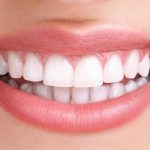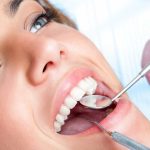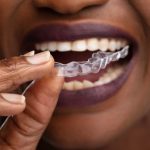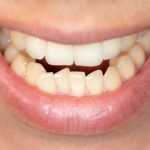Preventing Tooth Decay: Expert Techniques to Combat Bone Loss in Teeth
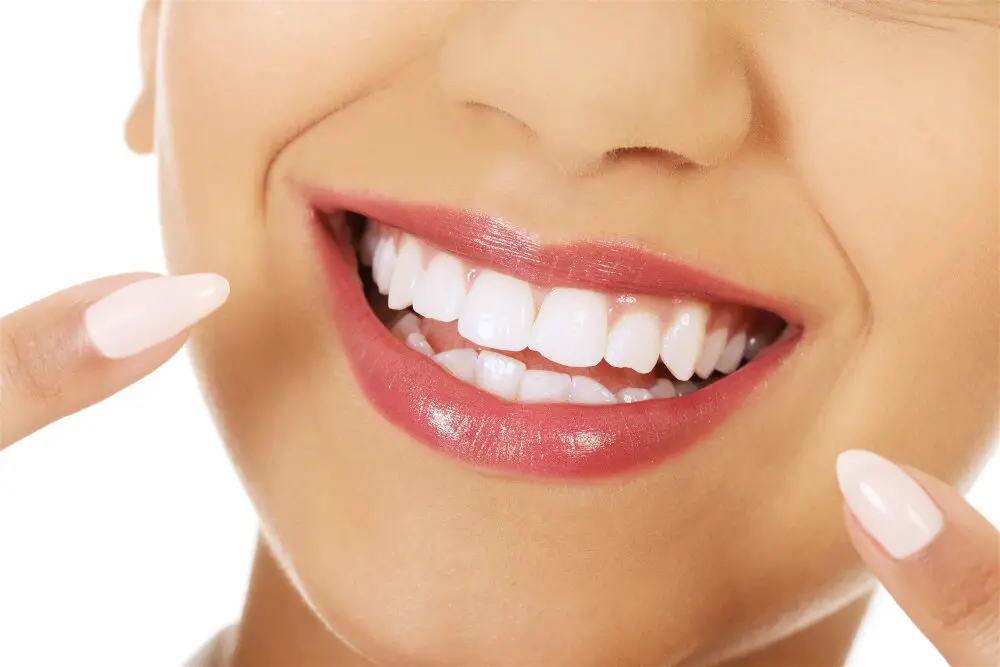
Tooth decay is a prevalent dental problem that affects millions of people worldwide. It occurs when bacteria in the mouth consume sugar and produce an acid that attacks the tooth’s enamel, leading to cavities and other oral health issues. Tooth decay is a preventable condition, and there are various techniques and strategies that individuals can use to combat it. Preventing tooth decay is essential for maintaining healthy teeth and gums. Poor oral hygiene, unhealthy diets, and other lifestyle factors can contribute to tooth decay. Therefore, it is crucial to adopt healthy habits and practices that promote good oral health. In this article, we will explore expert techniques and strategies that you can use to prevent tooth decay and combat bone loss in teeth. From proper brushing and flossing techniques to eating a balanced diet, we will provide you with the tools and knowledge you need to maintain a healthy smile.
Tooth decay and bone loss are interrelated dental issues that can lead to significant oral health problems. Tooth decay is the progressive destruction of tooth enamel and dentin by acid-producing bacteria in the mouth. When left untreated, it can lead to the formation of cavities and gum disease, which can cause bone loss in teeth. Bone loss occurs when the bone that supports the teeth starts to deteriorate, causing teeth to become loose and eventually fall out. This can be caused by a variety of factors, including poor oral hygiene, nutritional deficiencies, and certain medical conditions. To prevent tooth decay and bone loss, it is essential to maintain good oral hygiene habits, consume a healthy diet, and visit your dentist regularly.
Preventing tooth decay is crucial for maintaining good oral health and overall wellbeing. Tooth decay occurs when harmful bacteria in the mouth feed on sugars and produce acids that erode the tooth enamel. If left untreated, decay can progress to the inner layers of the tooth, causing pain, infection, and even tooth loss. Moreover, tooth decay is a leading cause of bone loss in teeth, which can weaken the jawbone and lead to tooth loss. Therefore, adopting expert techniques such as daily brushing and flossing, regular dental checkups, and a healthy diet low in sugar is essential to prevent tooth decay and maintain strong, healthy teeth for a lifetime.
Maintain Good Oral Hygiene

Maintaining good oral hygiene is crucial in preventing tooth decay and bone loss in teeth. Tooth decay is caused by the build-up of bacteria on the teeth that produce acid, which attacks the enamel. Over time, this can lead to the loss of minerals from the teeth, resulting in bone loss and eventual tooth decay. To prevent this, it is important to brush your teeth twice a day with fluoride toothpaste and floss daily to remove any trapped food particles that can contribute to the build-up of bacteria. In addition to brushing and flossing, it is also important to visit your dentist regularly for check-ups and cleanings. During these visits, your dentist can remove any plaque or tartar build-up that cannot be removed by regular brushing and flossing. Your dentist can also check for any signs of tooth decay or bone loss and provide treatment if necessary, such as fillings or root canals. By following these simple steps and maintaining good oral hygiene, you can prevent tooth decay and maintain healthy bones in your teeth for years to come.
Brushing your teeth is an essential part of maintaining good oral health, and it is crucial to use the proper brushing techniques to prevent tooth decay and bone loss. The first step is to choose a toothbrush with soft bristles that can reach all the surfaces of the teeth and gums. It is recommended to brush at least twice a day, for two minutes each time, using circular motions and gentle pressure. Pay special attention to the gum line and the back teeth, where plaque and food debris tend to accumulate. It is also important to use fluoride toothpaste, which helps to strengthen the enamel and prevent cavities. Finally, remember to replace your toothbrush every three to four months, or sooner if the bristles become frayed or damaged. By following these expert brushing techniques, you can keep your teeth and gums healthy and prevent the bone loss that can lead to tooth loss and other dental problems.
Flossing is an essential part of oral hygiene and preventing tooth decay. There are several techniques to floss effectively, including the loop method, the spool method, and the c-shape method. The loop method involves making a loop with the floss and slipping it in between teeth. The spool method involves wrapping the floss around your fingers and guiding it in between teeth. The c-shape method involves wrapping the floss around the tooth in a c-shape and gently sliding it up and down. Whichever technique you choose, it’s essential to be gentle and thorough to remove all food particles and plaque from between your teeth. Regular flossing can also help combat bone loss in teeth by promoting healthy gums and preventing gum disease.
Mouthwash usage is an effective way to combat tooth decay and promote oral hygiene. Mouthwash can kill bacteria that cause cavities, gingivitis, and other oral infections. It can also freshen breath and leave the mouth feeling clean and refreshed. However, it is important to note that mouthwash should not be used as a substitute for regular brushing and flossing. Instead, it should be used as an additional step in an oral hygiene routine. It is recommended to use a mouthwash that contains fluoride, as this can help strengthen tooth enamel and prevent cavities. Overall, incorporating mouthwash into a daily oral hygiene routine can help improve dental health and prevent tooth decay.
Proper Nutrition
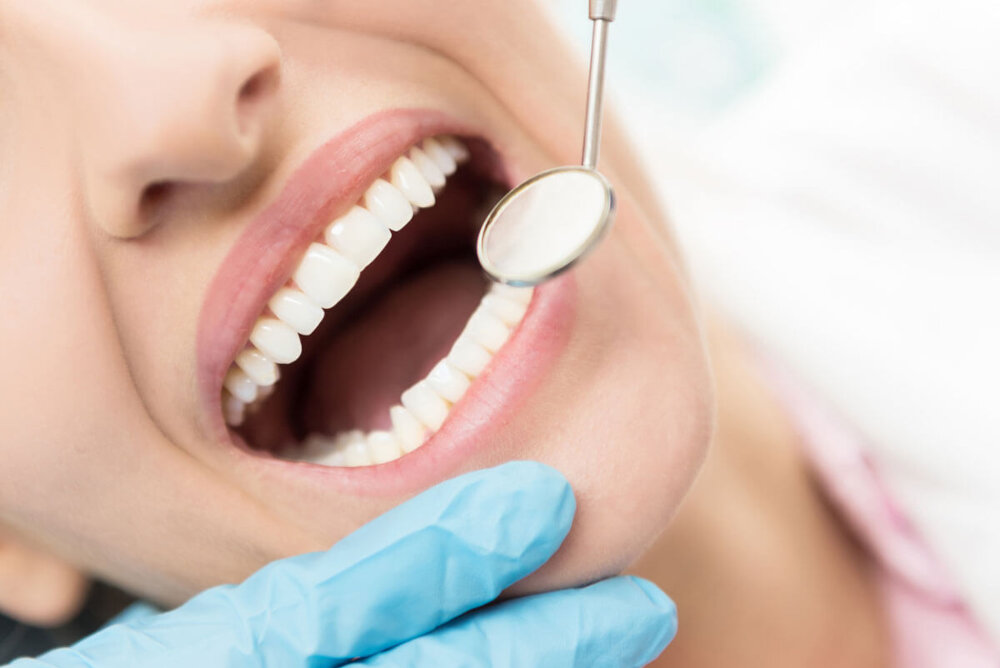
Proper nutrition plays an essential role in maintaining healthy teeth and preventing tooth decay. A balanced diet that includes plenty of fruits, vegetables, protein, and calcium-rich foods can help to strengthen teeth and bones, while minimizing the risk of cavities. In particular, calcium is vital for the development and maintenance of strong teeth, and can be found in dairy products, leafy greens, and fortified foods. Vitamin D is also important as it helps the body to absorb calcium, and can be obtained through exposure to sunlight or from dietary sources such as fatty fish and fortified cereals. In addition to calcium and vitamin D, it is important to consume foods that are low in sugar and acid, as these can contribute to tooth decay. Sugary foods and drinks provide a food source for bacteria that produce acid, which can erode tooth enamel and lead to cavities. Acidic foods and drinks, such as citrus fruits and carbonated beverages, can also erode tooth enamel over time. By choosing nutritious foods that are low in sugar and acid, and limiting consumption of sugary and acidic foods and drinks, individuals can help to promote healthy teeth and prevent tooth decay.
To prevent tooth decay and combat bone loss in teeth, it is important to be cautious of the foods we consume. Foods high in sugar, such as candy and soda, should be avoided as they can contribute to the formation of plaque and decay. Acidic foods and drinks, including citrus fruits and juices, can also erode tooth enamel and lead to decay. Sticky and chewy foods, like caramel and dried fruit, can get stuck in between teeth and promote bacterial growth. Finally, starchy foods such as chips and crackers can also be problematic as they break down into sugars and can stick to teeth. By avoiding these types of foods and incorporating a healthy and balanced diet, we can promote strong and healthy teeth.
In order to prevent tooth decay and combat bone loss in teeth, it is important to consume foods that are rich in essential vitamins and minerals. Foods that are high in calcium, such as dairy products and leafy greens, can help to strengthen teeth and bones. Additionally, foods that are high in vitamin D, such as fatty fish and egg yolks, can aid in the absorption of calcium. Foods that are rich in vitamin C, such as citrus fruits and bell peppers, can help to promote healthy gums and prevent gum disease. Finally, foods that are low in sugar and acidic content, such as nuts and vegetables, can help to prevent tooth decay and erosion. By incorporating these foods into your diet, you can help to maintain healthy teeth and gums and prevent bone loss in your teeth.
Water intake is crucial for preventing tooth decay and improving overall dental health. Drinking water helps to wash away food particles and bacteria that can accumulate on teeth, leading to cavities and gum disease. It also promotes saliva production, which is essential for neutralizing acid in the mouth and remineralizing teeth. In addition, drinking plenty of water can help combat bone loss in teeth by providing the necessary minerals and nutrients to support strong and healthy bones. Therefore, it’s important to make water intake a regular habit to maintain good oral hygiene and prevent tooth decay.
Regular Dental CheckUps
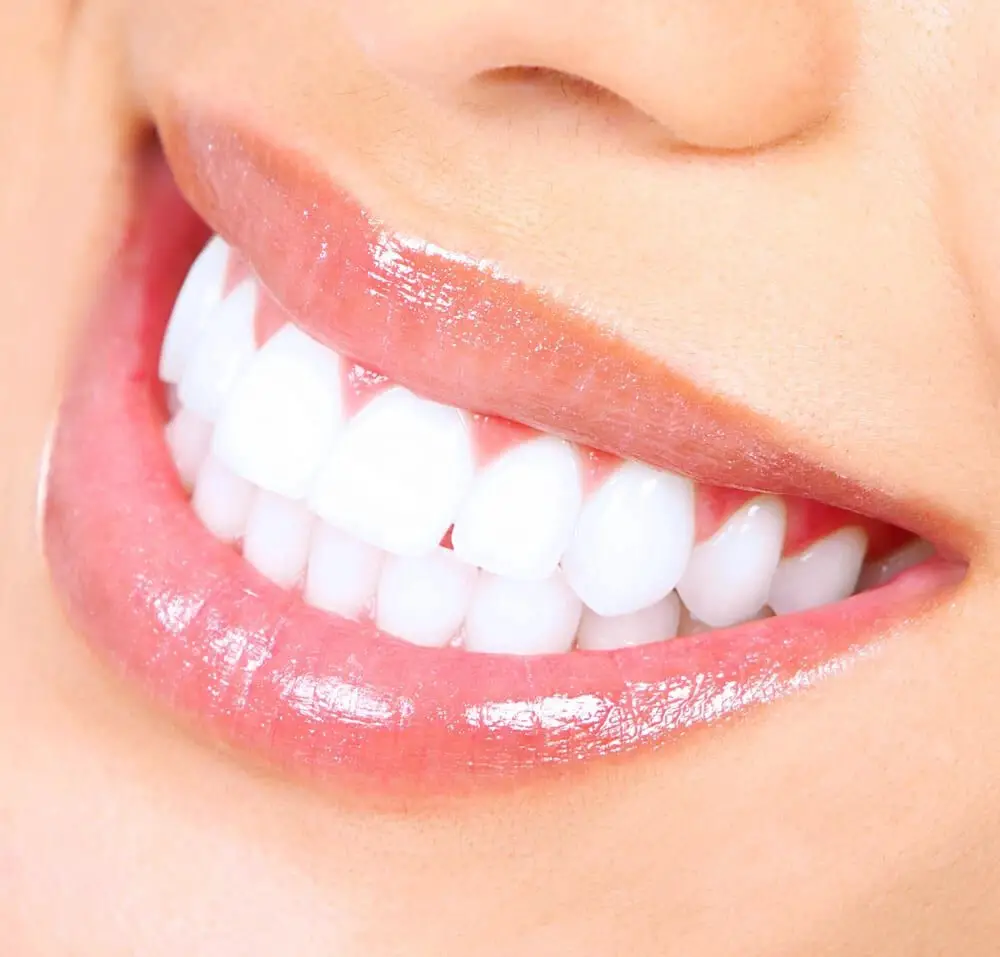
Regular dental checkups are essential for maintaining optimal oral health. These checkups should occur at least twice a year and involve a thorough examination of the teeth, gums, and mouth. During a dental checkup, the dentist will look for signs of tooth decay, gum disease, and other oral health issues. They may also take x-rays to check for any underlying dental problems that may not be visible to the naked eye. Regular dental checkups can help prevent tooth decay and other dental issues from developing into more serious problems. In addition to preventing tooth decay, regular dental checkups can also help combat bone loss in teeth. As we age, our bones naturally become weaker and more prone to damage. This can be especially problematic for the bones that support our teeth. However, with regular dental checkups, your dentist can identify early signs of bone loss and take steps to prevent it from progressing. This may include recommending dietary changes, prescribing medications, or other treatments to strengthen the bones in your teeth. By taking a proactive approach to your oral health, you can ensure that your teeth remain strong and healthy for years to come.
Regular checkups are crucial in preventing tooth decay and combating bone loss in teeth. During these appointments, a dentist can identify any early signs of decay or bone loss and take action before it becomes a more significant problem. Additionally, a dentist can provide expert techniques and advice on how to maintain proper oral hygiene and prevent future decay. Neglecting regular checkups can lead to more severe problems and even tooth loss, which can have a significant impact on a person’s overall health and well-being. Therefore, it is essential to make a habit of scheduling regular checkups with a trusted dental professional to maintain optimal oral health.
Regular checkups are vital to maintaining good oral health and preventing tooth decay. It is recommended that individuals visit their dentist at least twice a year for routine checkups and cleanings. During these appointments, the dentist will examine the teeth, gums, and surrounding tissues for any signs of decay or disease. X-rays may also be taken to detect any underlying issues that may not be visible to the naked eye. By scheduling regular checkups, individuals can catch potential problems early on and prevent them from becoming more serious. Additionally, dental cleanings can remove built-up plaque and tartar, which can contribute to tooth decay and gum disease. Overall, staying on top of regular checkups is an essential part of maintaining optimal oral health and preventing bone loss in teeth.
During dental checkups, several procedures are performed to ensure the overall health of teeth and gums. The dentist first examines the mouth for any signs of decay, cavities, or gum disease. X-rays may be taken to identify hidden dental issues. The dentist may also perform a thorough cleaning, removing any plaque or tartar buildup. This helps prevent tooth decay and other oral health issues. Additionally, the dentist may provide advice on proper oral hygiene techniques and recommend treatments, such as fluoride treatments or dental sealants, to prevent future dental problems. Regular checkups are crucial in preventing tooth decay and ensuring the longevity of healthy teeth and gums.
Other Preventative Measures

Along with proper brushing and flossing, there are other preventative measures one can take to combat tooth decay and bone loss in teeth. One such measure is to limit the consumption of sugary and acidic foods and beverages. When teeth come into contact with sugar and acid, it can cause erosion of the enamel, making it easier for bacteria to enter and cause decay. By reducing the intake of these harmful substances, one can help preserve the strength and integrity of their teeth. Another preventative measure is to visit the dentist regularly for check-ups and cleanings. A dental professional can detect early signs of decay and bone loss and take action to prevent further damage. They can also provide treatments such as fluoride applications and dental sealants to strengthen teeth and protect them from decay. By staying on top of dental appointments, individuals can maintain optimal oral health and prevent more serious problems from arising.
Dental sealants are an expert technique used to prevent tooth decay. The process involves applying a thin, protective coating to the chewing surfaces of the back teeth, where decay is most likely to occur. The sealant acts as a barrier, preventing food particles and bacteria from getting stuck in the pits and grooves of the teeth, which can lead to cavities. Sealants are a painless and quick procedure that can be done in just one visit to the dentist. They are most commonly used on children’s teeth, but can also be beneficial for adults who are prone to tooth decay. By getting dental sealants, you can protect your teeth and prevent the need for more extensive dental work in the future.
Fluoride treatments are a valuable tool in preventing tooth decay and combatting bone loss in teeth. Fluoride is a naturally occurring mineral found in water sources, and it works by strengthening tooth enamel and making it more resistant to acid attacks from harmful bacteria. Fluoride treatments are typically applied topically at the dentist’s office, and they can come in the form of gels, varnishes, or foams. These treatments are especially beneficial for those at high risk for tooth decay, such as children and adults with weakened enamel. By incorporating fluoride treatments into a comprehensive oral hygiene routine, patients can effectively protect and preserve their teeth for years to come.
Xylitol gum is a sugar-free chewing gum that has been shown to be effective in preventing tooth decay. Xylitol is a natural sweetener that is derived from plants, and it has been shown to reduce the amount of harmful bacteria in the mouth. This is important because these bacteria produce acid, which can erode the enamel on teeth and lead to decay. Xylitol gum is also beneficial because it stimulates the production of saliva, which helps to neutralize acid and promote the remineralization of teeth. Additionally, xylitol gum has been shown to reduce the risk of cavities by up to 60%. Overall, incorporating xylitol gum into your oral hygiene routine can be an effective way to combat tooth decay and promote healthy teeth and gums.
Preventing tooth decay is crucial in maintaining good oral health. There are several preventative techniques that can be employed to combat bone loss in teeth. These include brushing teeth twice a day with fluoride toothpaste, flossing daily, using mouthwash, limiting sugary and acidic foods and drinks, and visiting the dentist regularly for check-ups and cleanings. Additionally, consuming a balanced diet that is rich in vitamins and minerals such as calcium and vitamin D can also help maintain strong teeth and bones. By implementing these preventative techniques, individuals can significantly reduce their risk of developing tooth decay and bone loss in teeth.
Maintaining healthy teeth and gums is essential to overall health and well-being. Tooth decay and bone loss in teeth are common problems that can cause significant discomfort and lead to more serious issues if left untreated. Preventing tooth decay and bone loss in teeth is crucial to maintaining good oral health and preventing dental problems. There are several expert techniques available to combat these issues, including regular dental check-ups, proper oral hygiene, and a healthy diet. By implementing these techniques, individuals can reduce the risk of tooth decay and bone loss in teeth and enjoy a healthy, confident smile for years to come.
Preventing tooth decay requires a multi-faceted approach that involves implementing preventative techniques in your daily life. This may include brushing and flossing regularly, using mouthwash, avoiding sugary and acidic foods, and scheduling regular dental check-ups. While it can be easy to overlook these practices, they are essential to maintaining healthy teeth and preventing bone loss. By taking the time to care for your teeth properly, you can avoid painful and expensive dental procedures down the line. It’s important to remember that prevention is always better than cure, and investing in your dental health now can pay dividends in the long run. So, make a commitment to implementing preventative techniques in your daily life, and enjoy a lifetime of healthy teeth and gums.
Conclusion
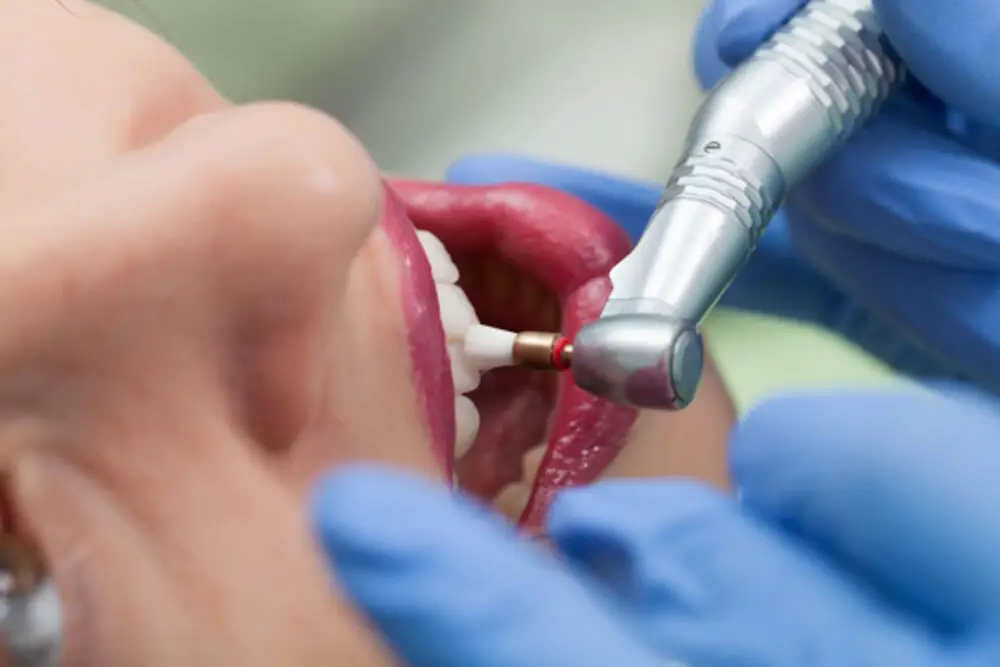
In conclusion, preventing tooth decay and combating bone loss in teeth is essential for maintaining good oral health. By using expert techniques such as regular brushing and flossing, consuming a balanced diet, avoiding sugary and acidic foods, and visiting the dentist regularly, we can ensure that our teeth remain strong and healthy. Neglecting our oral health can lead to not only tooth decay and bone loss but also other health issues such as gum disease and even heart disease. Therefore, it is crucial to prioritize our oral hygiene and take the necessary steps to prevent tooth decay and combat bone loss in teeth. Remember, a healthy smile is a happy smile!
